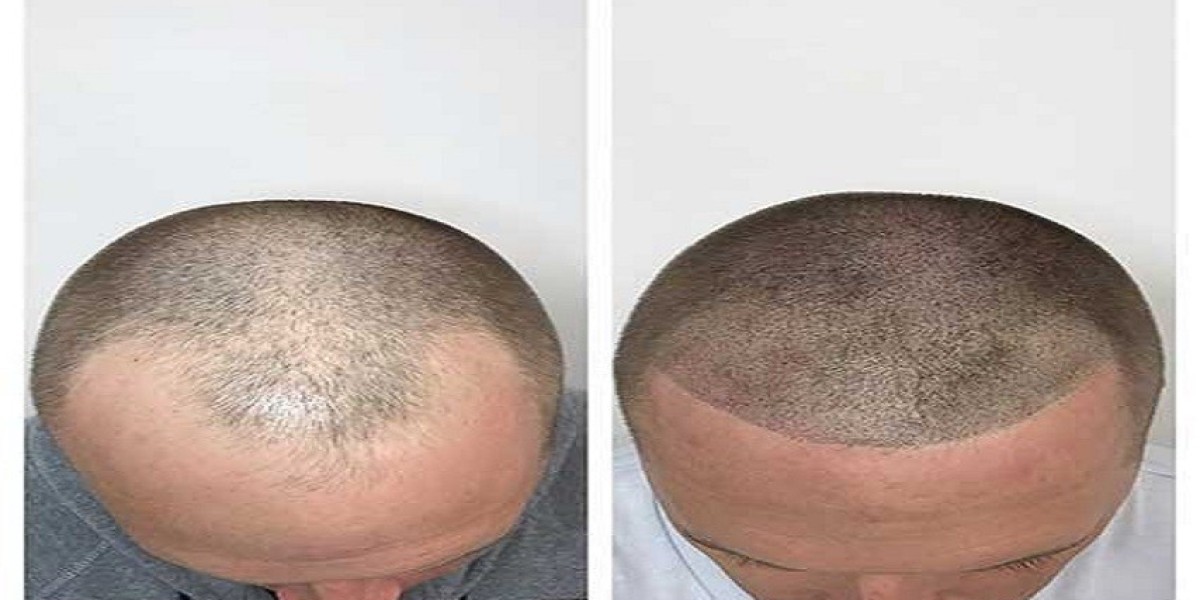A flaky, itchy scalp can be more than just a nuisance – it can be a sign of dandruff or even a scalp infection. While often used interchangeably, these are distinct conditions with different causes and treatments. Understanding the nuances of each is key to achieving a healthy, comfortable scalp.
Dandruff: The Common Culprit
Dandruff is a common scalp condition characterized by the shedding of dead skin cells, resulting in white or grayish flakes. While not contagious or harmful, it can be embarrassing and uncomfortable.
Types of Dandruff:
- Dry Scalp Dandruff: This type is caused by a lack of moisture, leading to small, dry flakes and an itchy scalp.
- Oily Scalp Dandruff: This occurs when the scalp produces excess oil, causing larger, yellowish flakes that may clump together.
Causes of Dandruff:
- Seborrheic Dermatitis: This common skin condition can cause an oily, irritated scalp, leading to dandruff.
- Malassezia: This yeast naturally lives on the scalp but can overgrow, causing irritation and dandruff.
- Dry Skin: Cold weather, harsh shampoos, and certain skin conditions can lead to a dry, flaky scalp.
- Product Sensitivity: Some hair products can irritate the scalp, causing dandruff.
Scalp Infections: When Things Get Serious
Scalp infections are less common than dandruff but can be more serious. They are often caused by bacteria or fungi and may require medical treatment.
Types of Scalp Infections:
- Fungal Infections (TineaCapitis): These infections can cause ringworm-like lesions, hair loss, and inflammation.
- Bacterial Infections: These can result from injuries or skin conditions, leading to redness, swelling, and pus-filled sores.
Causes of Scalp Infections:
- Poor Hygiene: Not washing your hair regularly can create an environment for bacteria or fungi to thrive.
- Injuries: Cuts or scratches on the scalp can become infected.
- Weakened Immune System: People with weakened immune systems are more susceptible to infections.
- Underlying Skin Conditions: Conditions like psoriasis or eczema can increase the risk of infection.
Effective Treatments: Finding Relief
The treatment for dandruff and scalp infections depends on the specific condition and its severity.
Dandruff Treatment:
- Over-the-counter Shampoos: Look for shampoos containing ingredients like zinc pyrithione, selenium sulfide, or ketoconazole.
- Home Remedies: Some people find relief with natural remedies like tea tree oil or apple cider vinegar, but it's important to consult a doctor before trying these.
Scalp Infection Treatment:
- Antifungal Medications: These are typically prescribed for fungal infections.
- Antibiotics: Bacterial infections require treatment with antibiotics.
- Prescription Shampoos or Lotions: In some cases, doctors may prescribe medicated shampoos or lotions.
Prevention:
- Maintain Good Hygiene: Wash your hair regularly with a gentle shampoo.
- Avoid Irritants: Choose hair products that are fragrance-free and formulated for sensitive skin.
- Manage Stress: Stress can worsen both dandruff and scalp infections.
- Eat a Healthy Diet: A balanced diet supports overall skin and scalp health.
When to See a Doctor
If you're unsure whether you have dandruff or a scalp infection, or if your symptoms don't improve with over-the-counter treatments, it's important to see a doctor. They can diagnose your condition and recommend the most effective treatment plan.
Remember: A healthy scalp is essential for healthy hair. By understanding the different types of dandruff and scalp infections, you can take proactive steps to keep your scalp clean, comfortable, and flake-free.
Battling Thinning Hair? Here’s How PRP Treatment Can Help
Why Gray Hair Appears at an Early Age and Quick Solutions for Teens







